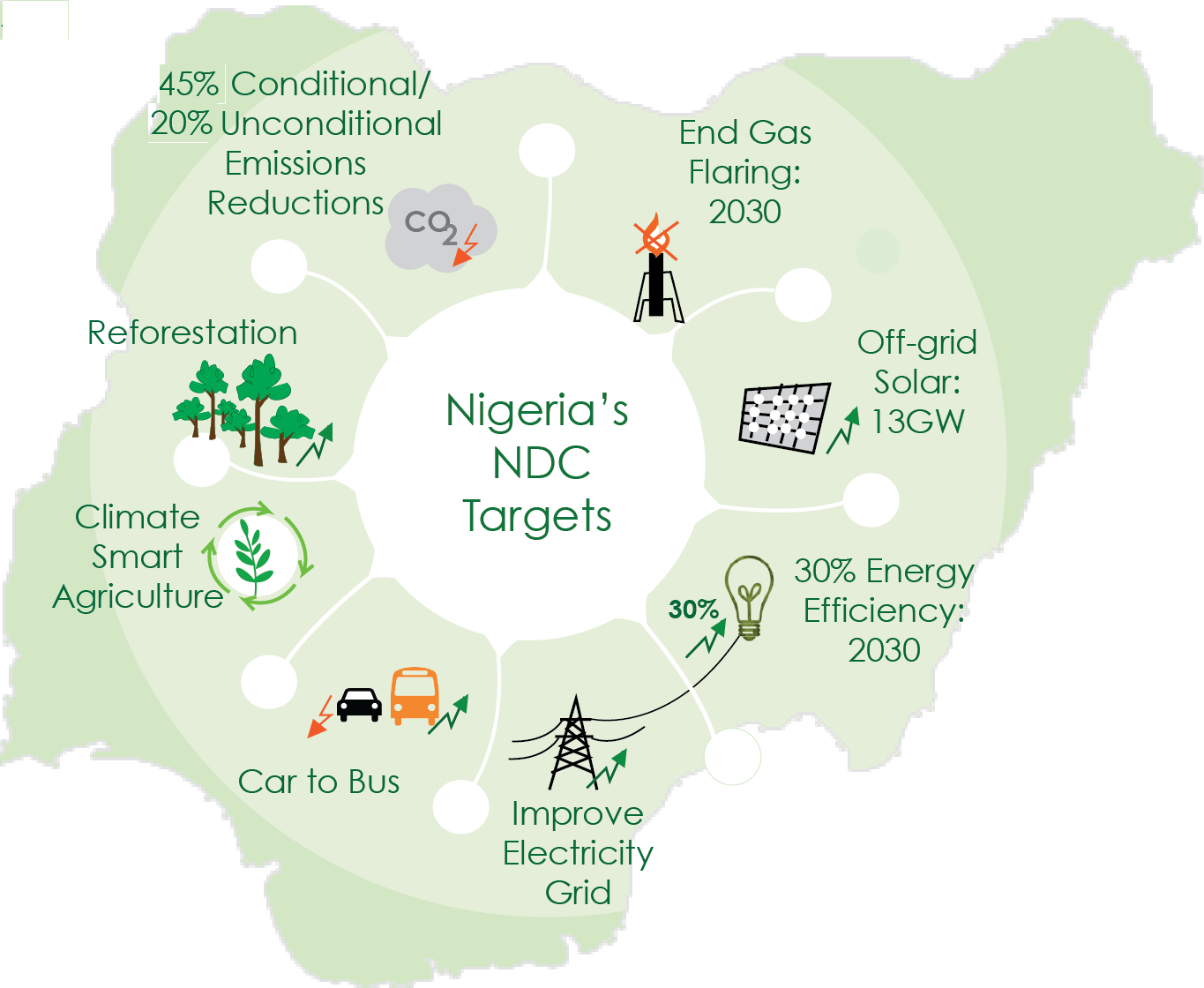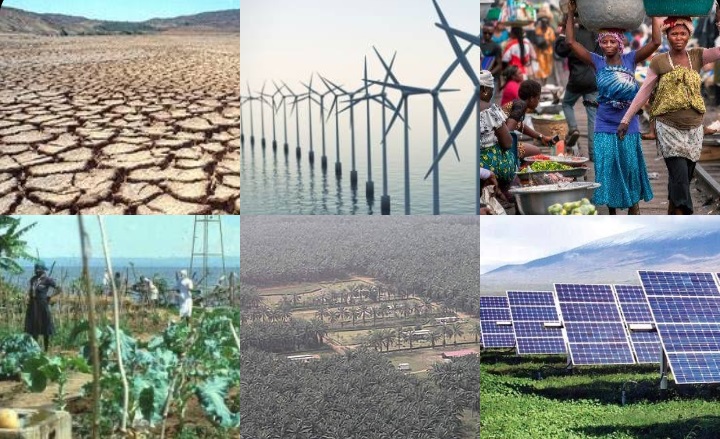
Climate and Sustainable Development Network of Nigeria (CSDevNet) has called on Governments at all levels and the private sector to lay strong foundations for a climate-resilient economy for the country.
Dr Ibrahim Choji (mni), Chairman, Board of Trustees, CSDevNet, said this in an interview with the News Agency of Nigeria (NAN) while speaking on the outcome of the just concluded Post-COP25 National Consultative Workshop organised by the network in Abuja on Tuesday.
Choji hinged the call on the imperatives of ensuring that contributions to climate resilience and environmental sustainability are effectively harnessed through the engagement of non-state actors.
He said these engagements will be focused on the implementation and monitoring of Nigeria’s Nationally Determined Contributions (NDCs), the SDGs and the successor framework to the Economic Recovery and Growth Plan (ERGP).
Choji said such engagements, “must be anchored on a genuine national sustainability and low carbon development pathway, and should reflect the integrated link on social, economic, cultural, health and environmental dimensions of development. “
The News Agency of Nigeria reports that the NDCs are national climate plans submitted by country parties (including Nigeria) to the Paris Agreement.
The NDCs highlights climate actions, including climate related targets, priorities, policies and measures governments aim to implement in response to climate change.
Choji further called on the Federal Government through the Federal Ministry of Environment to take decisive leadership in efforts aimed at increasing Nigeria’s climate ambitions through a holistic engagement of all stakeholders in the Nigerian environment.
“Climate change is an urgent threat to Nigeria and it demands swift, decisive action.
” Droughts, floods, rising seas, low agricultural yields, water stress and desertification which fuels insurgency are climate impacts being felt all over Nigeria and they are on track to get much worse as the country faces the COVID-19 pandemic and an economic recession.
“There is not a silver bullet or a single pressure point to addressing the climate challenge in Nigeria. It will require an army of actors, a menu of options and an array of interventions in the right places, tailored to the unique opportunities at hand.
“More than ever before, now is the time to reflate and restore the Nigerian economy through a low-carbon, fair, resilient and inclusive pathway, as we must resist the temptation to revert to or ramp up polluting industries as part of plans to create jobs.”
Choji said that the need to set up a workable framework that carries everyone along had

become even more urgent, adding that deep structural economic and societal shifts were required.
According to him, addressing climate change requires dramatic changes to how we power our homes and factories and build our cities, to how we feed our families and move around.
Choji stressed that governments, businesses, states and NGOs all have roles to play and their contributions would be vital to achieving climate action.
“There can be no cure for climate inaction, we must all press for delivery on the promise of Paris Agreement just as our government must redouble efforts to articulate and breakdown Nigeria’s NDCs for greater buy-in and collective ownership.
” I urge our governments to make best use of the expertise and resourcefulness of Nigerians by costing the NDCs and developing same as investment package so as to attract financing for implementation from multilateral climate funding bodies and the private sector.”
He said that a robust accountability, monitoring and evaluation framework should be developed and effectively used to track progress, assess impacts and package learning for future climate change planning and interventions.
